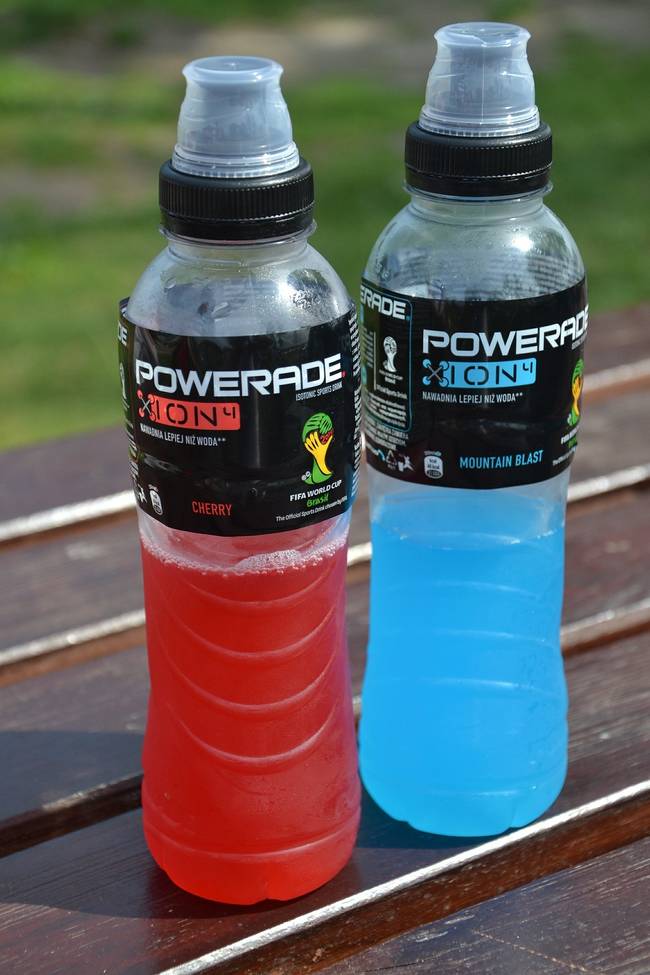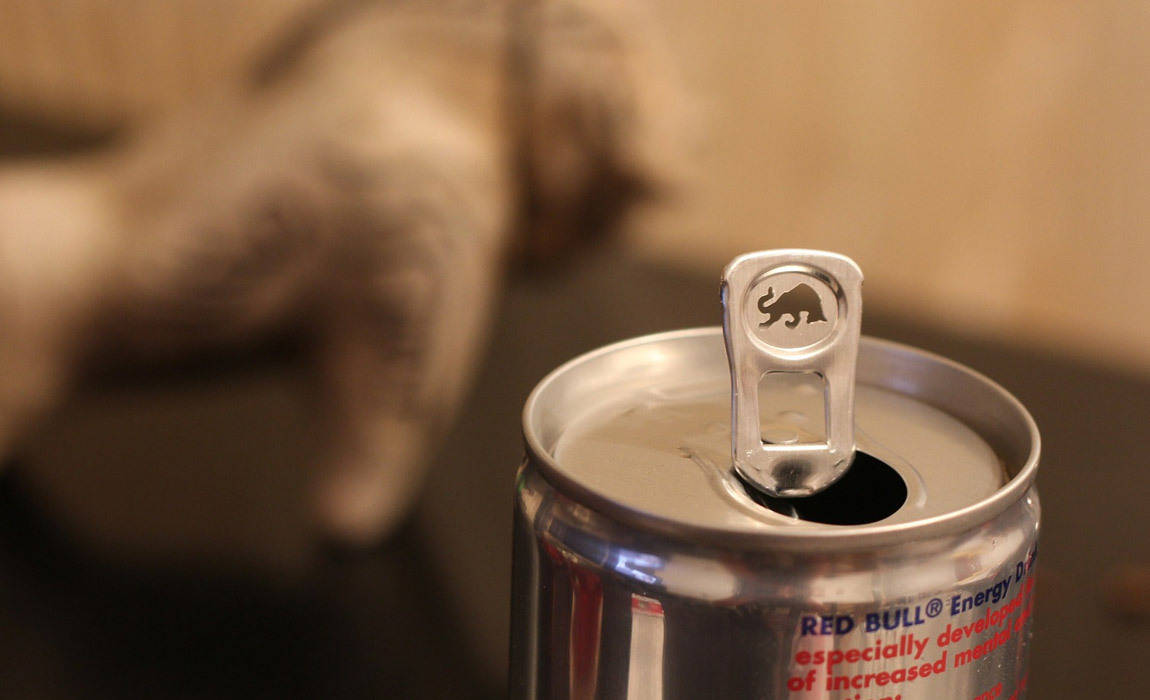The sports drink market has exploded in recent years, with a whole host of brands competing for the custom of fitness fans around the world.
Of course unless you do some research, it is easy to be bamboozled by the often ambiguous or imprecise way that these beverages are marketed. In most cases, the emphasis is placed on the energy they can give you, while hydration takes a back seat.
The question, then, is do sports drinks just provide you with the energy you need to optimize your performance, or are they also able to keep you adequately hydrated in one fell swoop?
Understanding the basics
As explained in this article, the primary purpose of most energy drinks is to give your body and mind the resources they need to operate more effectively and boost your focus.
This is typically achieved by combining a number of ingredients which are capable of enhancing the natural attributes any person will possess. In some cases, the active ingredient will be caffeine, while in others the energy will come from sugars.
Whatever the chemical composition of a particular sports drink, there is no denying that the provision of energy is definitely at the top of the agenda. The main reason that this is delivered in liquid form is that it is far more convenient to swig from a can or slurp from a bottle while on the move, than it is to cram an energy bar into your mouth and try to chew and swallow when you are breathing heavily and potentially lacking in the saliva needed to make it go down smoothly.

The importance of hydration
Studies show that when dehydrated, people are far less capable of fulfilling their athletic potential, and this is also an area which sports drinks target.
Indeed in spite of the fact that so much marketing is geared towards selling them on their alleged energy-giving credentials, in many cases it may be the case that users see more benefits from the hydration boost they receive than any of the other ingredients.
These beverages should be seen as a means of replacing that which is lost through exercise; namely the energy expended through muscle use and the liquid expelled as sweat. It is the responsibility of consumers to see through the marketing mumbo-jumbo and determine whether or not a particular energy drink product has the necessary attributes to compliment their own routines.
Striking a balance
The takeaway from this investigation is that sports drinks should not be relied upon by amateur athletes or professionals to give them all the energy and hydration they need to succeed.
Experts recommend that people take on plenty of fluids before, during and after rigorous exercise, in which case unadulterated water is also essential.
Likewise those who are in training or participating in competitive events should plan their intake of food to correspond to their needs, rather than solely relying on sports drinks to get them through. A balanced, informed approach will always deliver the best results.
